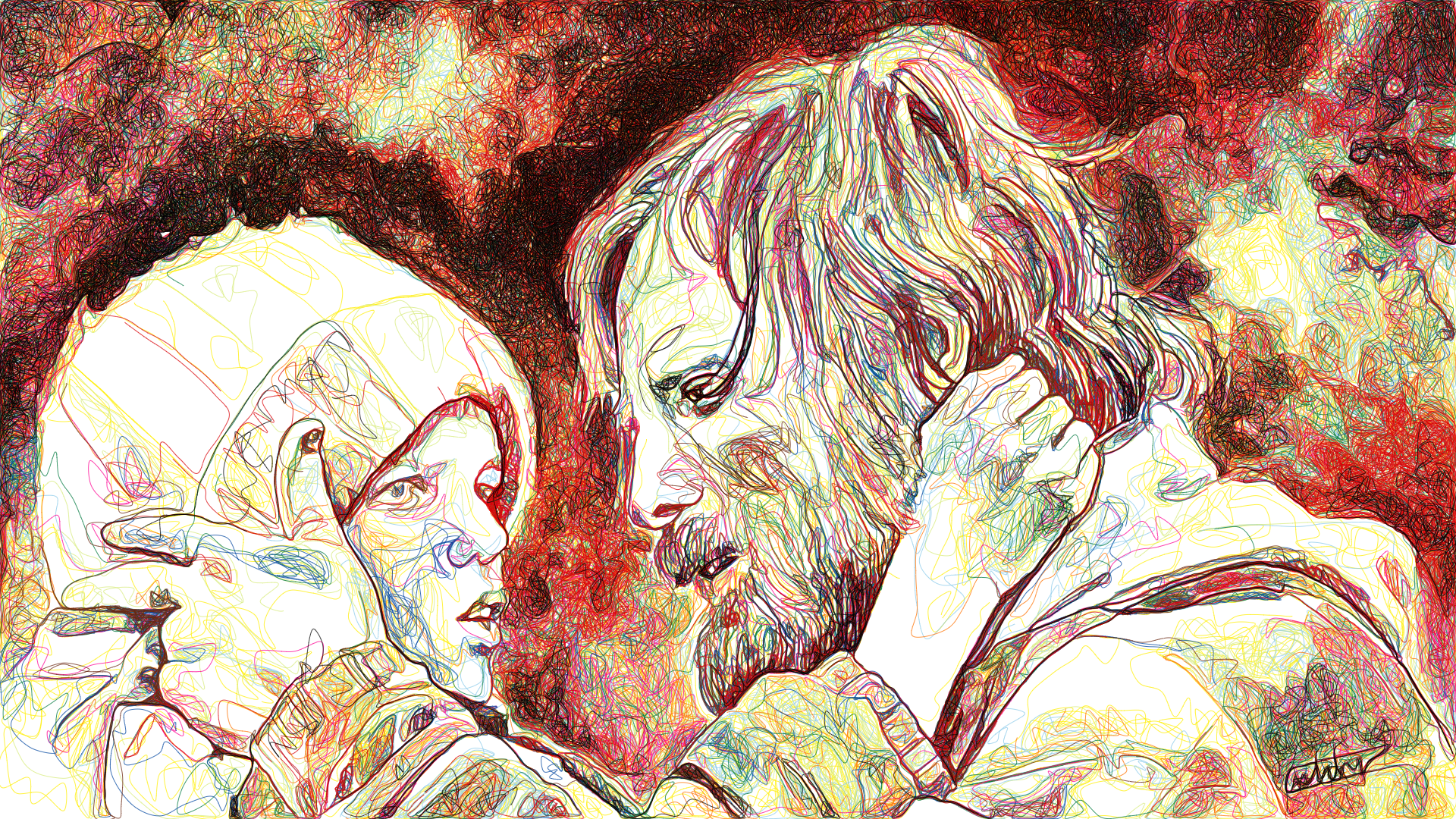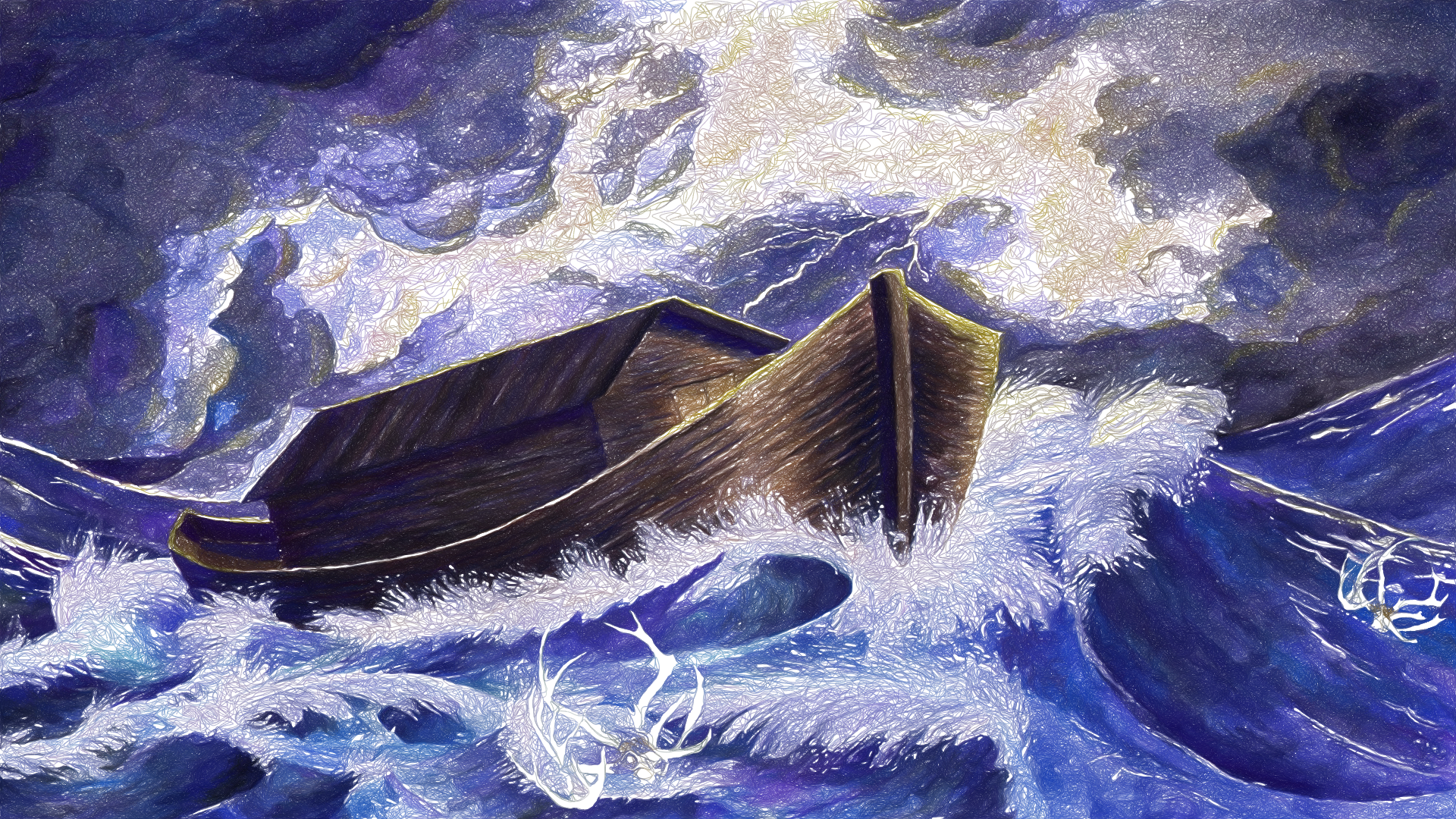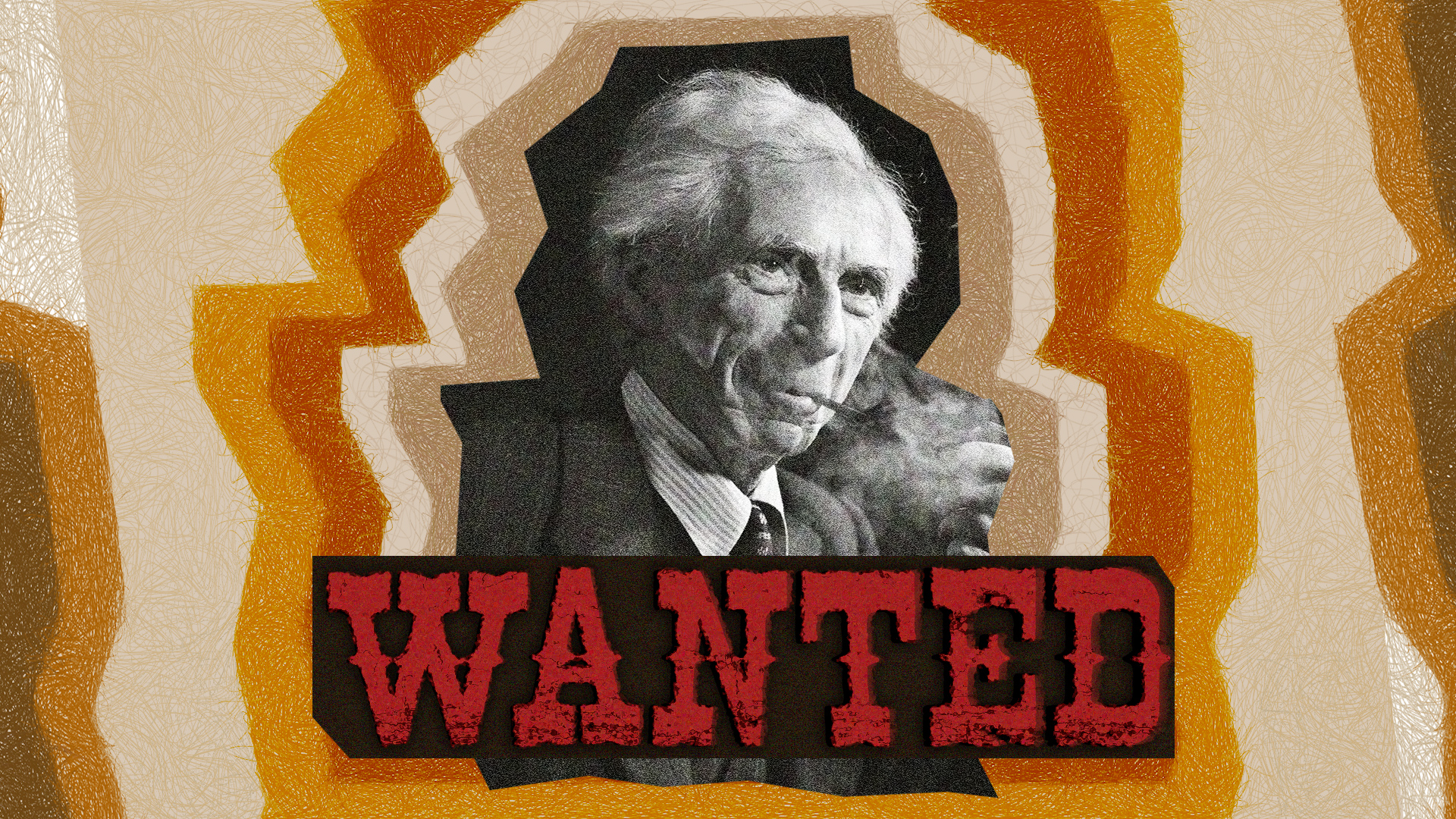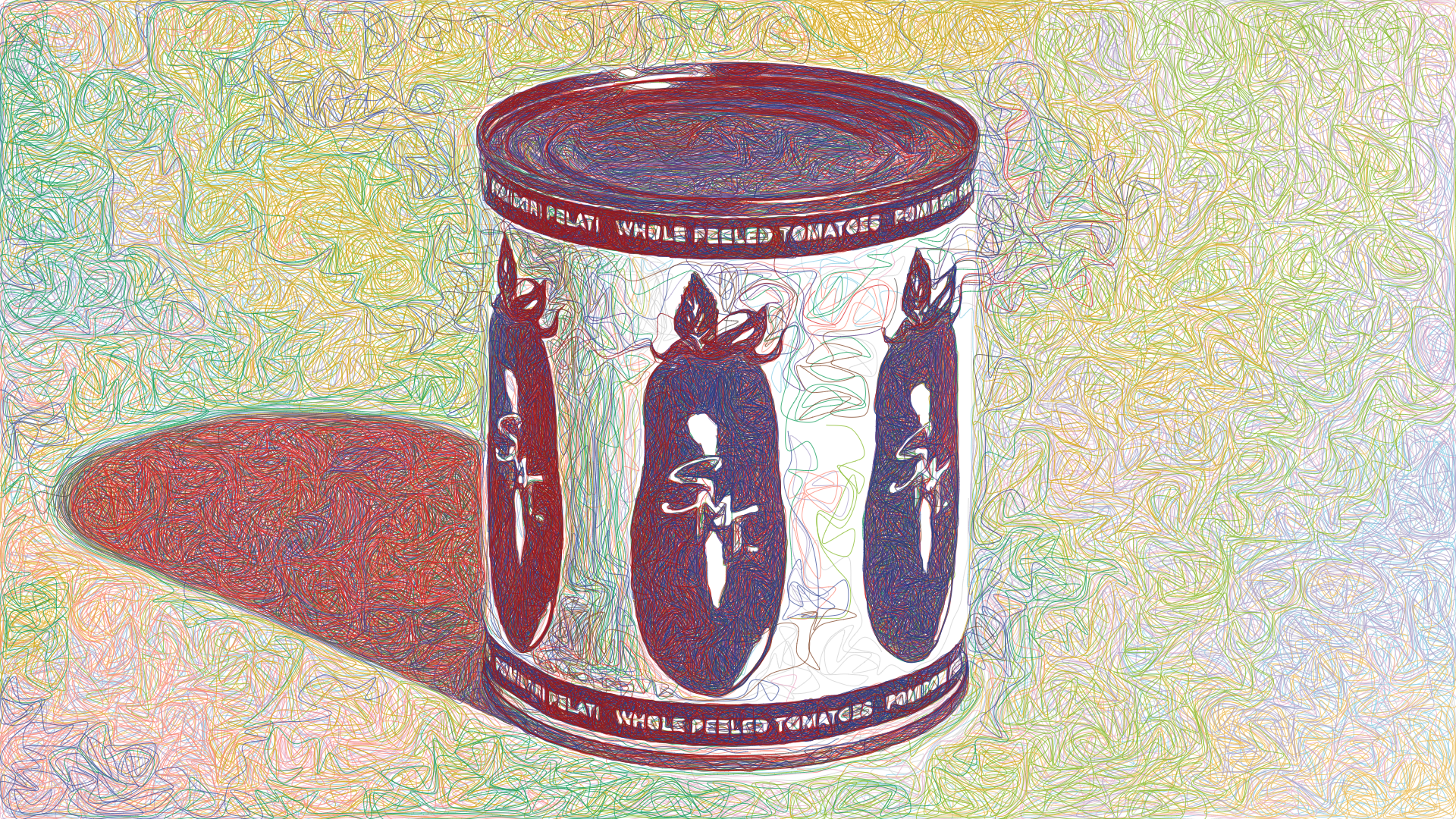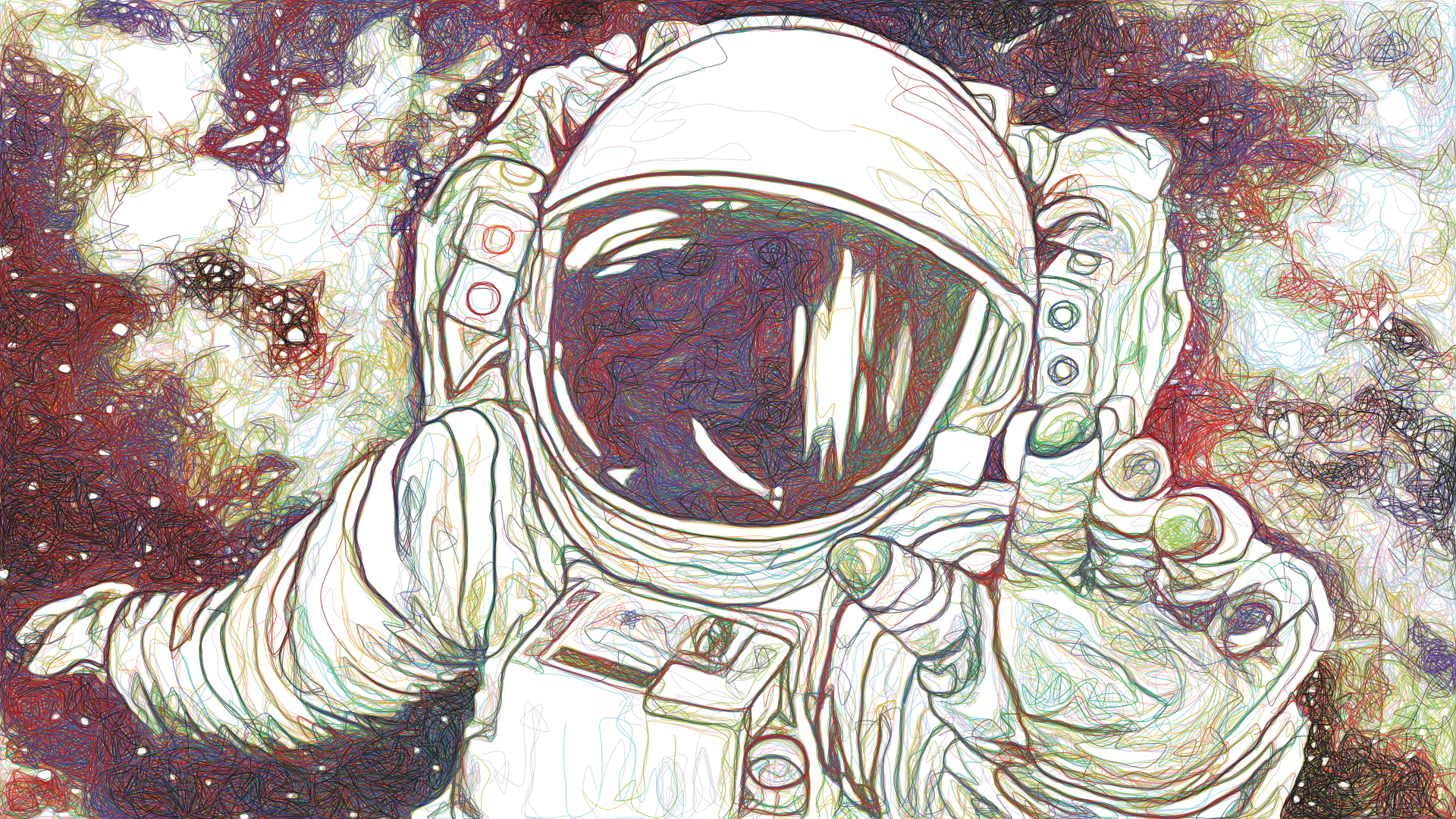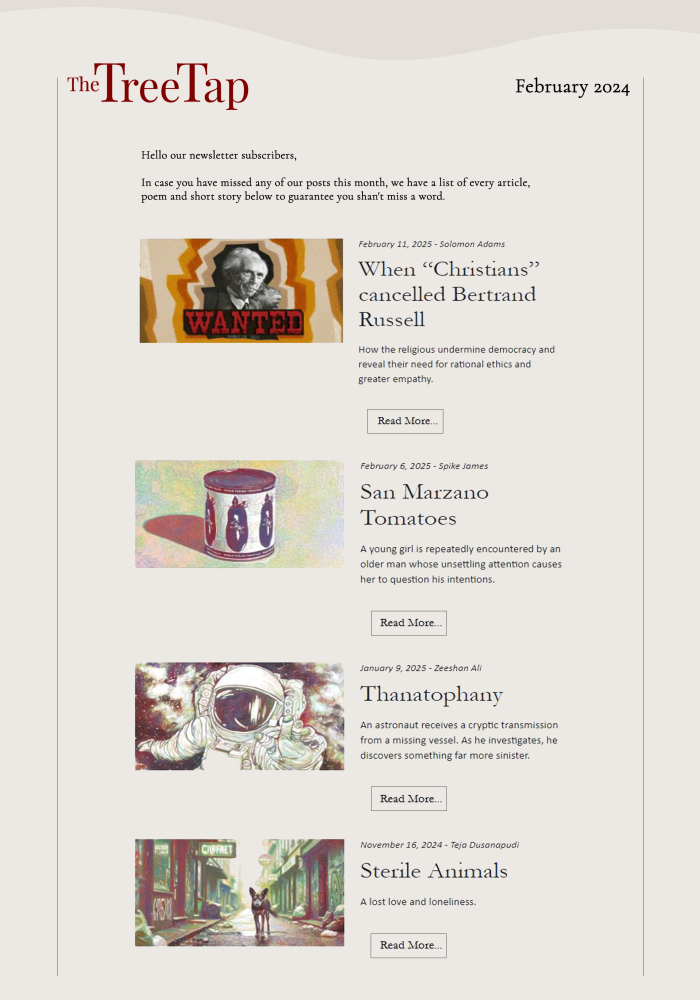I would like to be clear the breadth of my reading does break from the confines of demoralising literature, as the coincidence I have fallen into reading Cormac McCarthy off the heels of Aldous Huxley isn’t lost on me. But perhaps the self-perpetuating tyranny of Brave New World missed a scratch on my sub-conscious. That when, on a sweltering desert evening in Phoenix, Arizona, I watched the Coen Brothers critically acclaimed adaption of No Country for Old Men, a grittiness unsettled my bones to better understand the work of, as the New York Times dubbed the late McCarthy, ‘America’s last great writer.’
A man of deeply profound and thematic pieces, McCarthy spent his life exploring humanity’s inherent natures, both good and evil. And writing twelve total novels throughout his career, each pits our fundamental desires against our ethical compasses in their own way. Undoubtedly, upon reading any of his work one will have asked themselves: At what cost should we pursue survival? Are we naturally violent creatures with an affinity to harm? And how does greed poison our souls?
As the grand selling point of McCarthy’s writings, I found myself, like countless others, hooked on these burning questions. So I plunged into his bloodied pool of work, and upon a scrupulous search through his bibliography I determined the best launch into his morbid catalogue would be his 2006 gut-wrenching and Pulitzer Prize winning novel, The Road – a premier introduction because of its comparative ease in understanding his famous, yet occasionally jarring, writing style of sparse grammar, punctuation and dialogue tags.
The premise: a story which follows a father and his young son as they venture through a post-apocalyptic America, a country since destroyed by an undefined cataclysmic event and existing now with all manners of evil. The two protagonists must navigate south if they are to survive the ominously approaching and deadly winter.
Though a seemingly simple story, I must admit, it packs a knockout punch as a devastating read. Layered amidst it’s lines are a plethora of sharp phrases, terrifying axioms, and vivid metaphors that left me feeling rather hollow upon its end. What’s more, I knew McCarthy had cemented his message when I caught myself ‘people watching’ and considering whether an apocalypse really could unearth such evil in everyday people. As, upon bolstering my mind’s eye by watching the 2009 film of the same name, nothing struck a chord in me more than the abhorrent degradation of morals and ethics throughout. To struggle when considering an ordinary person so easily abandoning themselves in desperation, serves to say nothing can prepare you for the crimes of rape, murder, and most shockingly, cannibalism, committed throughout.
Is morality possible in a morally broken world?
The first of two questions, no doubt yearning for a better man to unravel, one Socrates, or Plato, we’re nevertheless going to don our best philosophical hat and delve into the moral key-spring of the narrative in an attempt to draw answers.
Carefully layered throughout the story are a string of questionable encounters with strangers, each of which are followed by a ‘moral de-brief’ between the father and son, whereby we, the reader, can actively hold their actions under our virtuous microscope. The first of which comes by the way of a stranger, who’s appearance, “as burntlooking as the country, his clothes scorched and black,” with “one of his eyes burnt shut, and his hair but a nitty wig of ash upon his blackened skull,” informs the father he has likely been struck by lightning. And although a quick encounter, it does a great deal to present the father’s base morality regarding strangers. The man is clearly badly injured and has nothing to offer. He sits and looks down, “as if he’s done something wrong”. A man of no conceivable threat. Yet the boy begs, “can’t we help him, papa?” to which his father insists, “there’s nothing to be done for him.” A lack of offering from the stranger nearing his death, at a time when his care should be unconditional, means he is not considered worthy of help by the father.
But let’s transcend beyond the narrative to our present world and compare with another under the threat of survival. The plains of Africa, whilst clearly far more beautiful than post-apocalyptic North America, nevertheless demonstrates the same characteristics for pack animals when acknowledging how injured members are dealt with (and the same can be said for nearly all animals). As soon an individual becomes even a slight liability to the survival of the others, whether through injury or otherwise, they are abandoned. Therefore, does this pose the question of our innate survival tendencies – that when pushed to desperation we are blinded by more selfish and primitive instincts?
After all, the father is well in mind and knows to survive in the wasteland he cannot carry courtesies of the old with him. He has had to adopt a state of moral code no greater than an animal of sorts, adapting himself for survival. Yet, with an absence of civility and every component we associate with society – its institutions, laws, its demands for compromise and restriction, its cultural refinement and emphasis on manners, its industrial development, and its class distinctions – would this not be the best way to survive? To adopt a more instinctual, impulsive, selfish, and animalistic mantra to fight over scarce resources. It’s hard to argue against. And there follows an immediate humanitarian question: is the abandonment of our morals and what makes us human worth such self-preservation?
Well, that firstly depends on whether one considers altruism and other virtues as exclusive components of humanity. Does possessing a moral compass distinguish us from the animal kingdom, or are we really no different? And secondly, if we are distinguished by our morality, at what point does not adhering to it turn us back into animals?
Philosophers have struggled over an answer to these specific questions for thousands of years with well-versed arguments landing on both sides of the enlightened coin. And still many believe these answers will enable us a better understanding of the nature of our human selves and the proper scope of our moral obligations. However, as arduous and time-consuming an answer may be to find, we do know for certain our level in understanding morally complex situations far outweighs any other known species. Of course, there is no doubt the animal kingdom possesses a large number of creatures with moral capabilities, but as aforementioned it is our depth of moral understanding gives us a unique superiority. Tool use, sharing, and fairness, coupled with the likely prohibitions of murder, incest, and stealing were the bedrock from which our moral reasoning was built, all demonstrated in our earliest hominid ancestors for preventing instability in small groups. Equally, cooking and its substantial cognitive benefits have granted us the conscious ability to reflect upon our actions, and our cultural development in tandem has formalised those reflections into laws, philosophy, and religion. Therefore, if the line which separates us from the animal kingdom was drawn at our ancestors development of basic moral values, anyone’s regression beyond such values should be considered as their loss of humanity.
So, are our morals worth trading? Well, the father and son argue against the motion. Though, the father is not wholly exempt from committing acts deemed to us as “immoral”, the depths of his immorality are incomparable to the depths of others in the story. For the most part he wishes to stay away from any strangers and even in intense situations only resorts to violence if he or his son’s lives are threatened. Moreover, the difficulty in obtaining a fair analysis of the father’s morals stems from our inability to truly put ourselves in his shoes. We read the story from a place of comfort and moral superiority. It is easy to mark the father as bad when he doesn’t help others, when in satiated western societies we are inclined to. Yet, the homeless are still passed by on a daily basis, by you, by me, by almost everyone. So why shouldn’t we believe the average citizen of today could be morally inferior to the father under similar circumstances? If we struggle to help others now, why would an apocalypse make us suddenly charitable?
Equally, if the father was made evil that would contradict the message of the novel. McCarthy’s goal is to showcase the best and worst of humanity, the former realised in the father and son. He argues that morality can be possible in a broken world, and through one brilliant reoccurring metaphor he demonstrates this belief:
“You have to carry the fire.”
“I don’t know how to.”
“Yes you do.”
“Is it real?”
“The fire? Yes it is.”
“Where is it? I don’t know where it is.”
“Yes you do. It’s inside you. It always was there.”
This “fire” in The Road has a multitude of meanings. Human decency or dignity. Goodness. Innocence. Love. Hope. Perhaps all of these qualities. A fire which the father confesses his son has always carried. Qualities exemplifying purity and goodness in a child who has known no other world than the ashen, grey wasteland he was born to. Qualities the father struggles to comprehend, which he divinely rationalises as his son being god-sent. A debate for another time, our morality pertaining as a result of divine invention or evolved consciousness, but clearly McCarthy believes the former. And on several occasions does the father refer to his son on religious grounds, admitting:
“His child was his warrant, and if he is not the word of God, God never spoke.”
Confirming us his belief in his son’s divine purpose. A purpose doubtfully questioned when the father and son pass upon a hunched old man. After a hesitant introduction, the son convinces his father to invite the old man to share their fire. Soon the night grows dark, and before long the boy falls asleep leaving the father and old man to talk alone:
“When I saw that boy I thought I had died.”
“You thought he was an angel?”
“I didn’t know what he was.”
“What if I said that he’s a god?”
The old man shook his head. “I’m past all that now. Have been for years. Where men can’t live gods fare no better. You’ll see. It’s better to be alone. So I hope that’s not true what you said because to be on the road with the last god would be a terrible thing so I hope it’s not true.”
We understand the old man has grown cynical. After the things he has witnessed he believes no amount of religion can save mankind, “where men can’t live gods fare no better.” That every shred of morality has been canibalised by a fallen humanity, an evil he believes will ultimately win. And to be on the road with the last god and suffer his inevitable killing signifies, for him, the whimpering death of the humanity of old. But the old man doesn’t care for such anymore. He has come to depressing terms with the evil around him and the absence of divine intervention. “It’s better to be alone,” he claims. Perhaps a universal truth bred out of an insufficient world. As without the potentially poisonous influence of others, one only has themselves to contend with. In The Road we witness the worst of people when groups are concerned. In them, evil holds a majority voice and drowns out individual members creating an exponential spiral of chaos. So perhaps, as McCarthy writes through the old man, it is better to be alone. If one is born free from the influences of evil then indubitably they must have better chances of retaining their morals. And furthering the notion, contrarily if one is born to a world of deprivation, a family of two mouths as opposed to a group of eight should stir less moral dilemmas, and therefore a lesser chance of primal evil influence. Which leads one to believe if morality were to survive in a deprived world it would be within the solitary few and not the many – the father and son. Furthermore, if morality is innate and solidifies over time, being shielded from evil would reasonably strengthen one’s virtues.
What is the value of human life in extreme circumstances?
We’ve spent thus far debating the potential of a surviving morality, but now we ask the dispiriting question of whether there would even be a point in survival. But first, lets take a different route to the same answer by asking whether there is intrinsic value to human life when bereft of higher aspirations.
No matter where you are born, you will be born into one of a thousand distinctive cultures, with 80-85% of these cultures residing in developing countries. China, India, Brazil and many other countries of Africa and Southeast Asia are considered under this bracket where amidst these vast, emerging economies, underdeveloped rural and tribal communities are still found. In the Amazon rainforest alone there are an estimated 400-500 remote tribes, each with their own cultures and traditions. Oblivious of higher aspirations, they have no need or want for esteemed art, music, film, literature, history, philosophy, science or mathematics. It would seem their purpose is inextricably linked to survival. Yet, they remain content with that purpose. Therefore, one could easily make the argument of value in human life without a need for refined culture and all of its products. After all, these tribes are human. And though they don’t have to navigate the same extremities of The Road, they still provide our closest representative of humans surviving for survivals sake.
The difficulty comes with the question, however, when we refer back to our earlier argument. If we are morally superior to the animal kingdom, do we require a higher base standard of life once we have already experienced such? The mother in The Road, of whom we learn through the father’s memories and dreams, argues for this point. She reiterates the world has become so hopeless and cruel death is the rational choice instead of surviving like animals.
“We’re not survivors,” she says. “We’re the walking dead in a horror film.”
For her, life has dwindled to a point of worthlessness. She sees the horrors becoming of the world and wishes no part among it.
“They are going to rape us and kill us and eat us and you wont face it. You’d rather wait for it to happen. But I cant.”
She warily hints of the cannibals who argue against her rationale, and without question provide the novels most sickening sections. They are the ones who have brought humanity to its knees. Who have regressed into beasts. And on two specific encounters we witness their ruthless regard for human life. The first after the father kills one protecting his son, and flees, then returns to the scene the following morning.
“Coming back he found the bones and the skin piled together with rocks over them. A pool of guts. He pushed at the bones with the toe of his shoe. They looked to have been boiled.”
Savagely, the cannibals were reluctant to waste the flesh of even their own kind. They skinned, gutted and boiled their dead counterpart without hesitation.
The second comes as the father and son desperately search a nearby house for food. Inside, they find and break open a locked trap door believing it to be a basement of food storage because of its location in the kitchen.
“He started down the rough wooden steps. He ducked his head and then flicked the lighter and swung the flame out over the darkness like an offering. Coldness and damp. An ungodly stench. The boy clutched at his coat. He could see part of a stone wall. Clay floor. An old mattress darkly stained. He crouched and stepped down again and held out the light. Huddled against the back wall were naked people, male and female, all trying to hide, shielding their faces with their hands. On the mattress lay a man with his legs gone to the hip and the stumps of them blackened and burnt. The smell was hideous.”
A harrowing scene which saddens before the mutilated prisoners begin to plead for help. It shows the cannibals have no need for a higher base standard of life, and that those who retain the sole ambition to survive, will survive. And the cost of survival, with no purpose or meaning other than itself in a world destitute of life’s requirements, will lead to your inevitable undoing. That in order to remain human in such a world, one must hold onto more than willingness to survive. To avenge, to enact justice, to protect, or to love, we now rise to the core message of The Road.
It’s clear between the grim, bleak, and haunting segments of the narrative the relationship between the father and his son is what appeals to our hearts. And if life’s value is to be found under extreme circumstances love advocates the strongest argument, and especially, as McCarthy writes, the love from parent to child.
Every fire, every scavenging, and every encounter, the father is preparing his son for the day he is no longer around. It’s his duty. His purpose. His meaning which he cannot part from. We have discussed and attempted to find a specific point at which lives are deemed valuable, but perhaps we shouldn’t have. Perhaps life is more fluid. That its value, no matter the circumstance, comes at whatever worth one places upon it. The father contends his purpose with himself when his son falls sick. He checks his son’s pulse by placing a wearied hand on his ribs and feeling for his heartbeat. He rages into the sky, sobbing on his knees at the thought of his son’s death. His purpose lies in front of him.
Yet, for another meaning may present differently. Everyone lives, loves, and dies at their own experience. But as is the message of The Road when you embody love, and use it purposefully, you adopt a resistance to the evils around you. It strengthens your morality and provides your value. A fire we all carry within us, and whose warmth we strive to feel. For it is love we must nurture, if not for ourselves, then for humanity’s sake.


